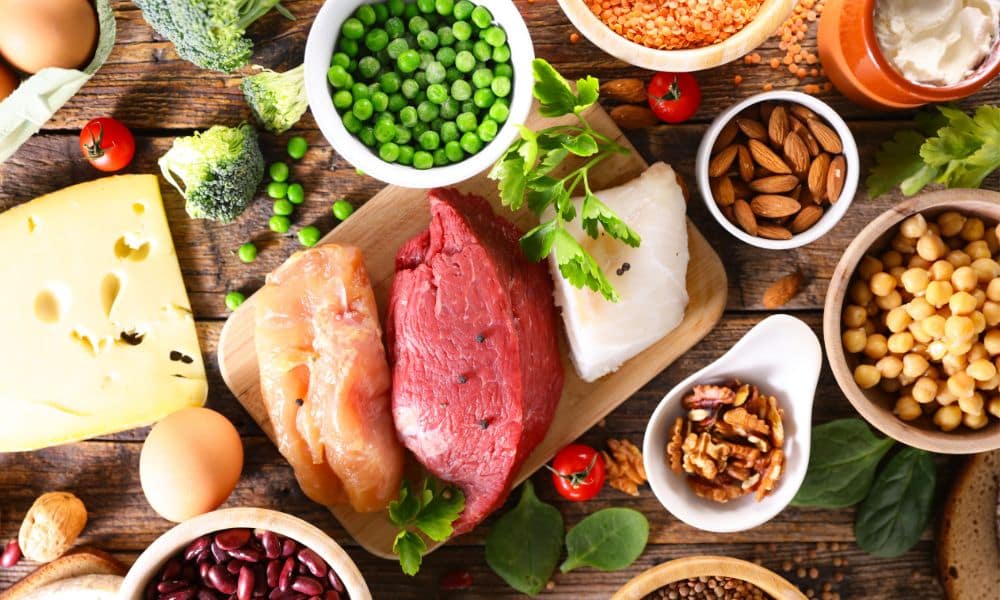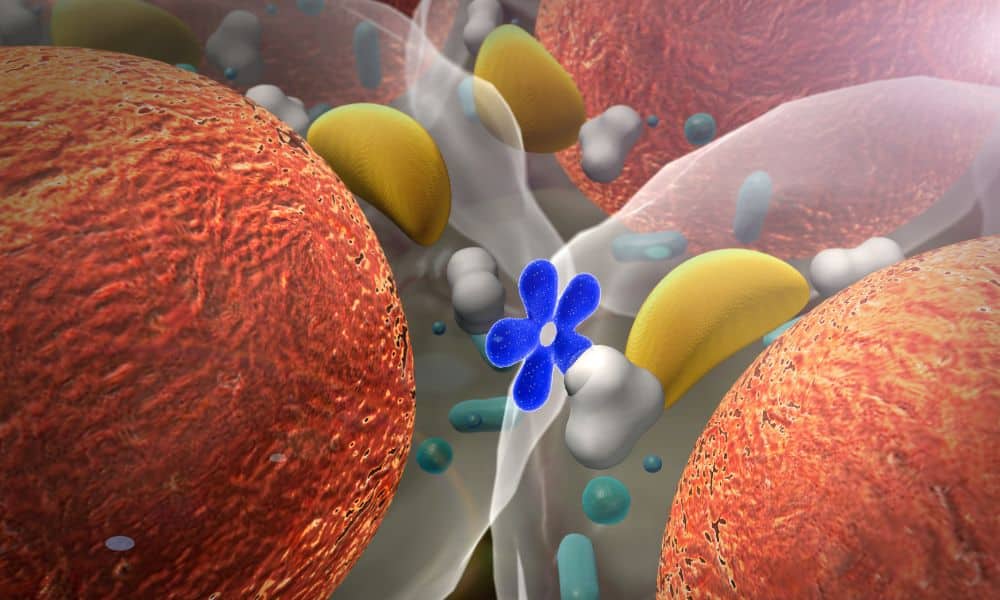Do you want to know some fat loss facts that you should avoid? Unfortunately, fad diets and misinformation about fat loss are everywhere. You can find anything from low-carb, high-protein diets to high-fat, Ph.D. diet plans. It is essential to be aware of the myths surrounding weight loss to avoid wasting time on a diet plan that won’t work for you, just like the Malone procedure. Here are some of the most common myths that lead people astray when losing weight.
Fat Loss Myths
- Myth: Low-fat diets are healthier for you than low-carb or high-protein diets
Truth: A low-carb or low-fat diet is not healthier than a higher protein or higher fat diet. To maintain healthy body weight, you need to eat the right amount of macronutrients (carbs, fats, and proteins)ht.
- Myth: Weight loss is all about calories in vs. calories out
Truth: The energy you expend on exercise will always be greater than the energy you consume. Your goal should be to use your energy intake to meet this expenditure so that you can avoid gaining body fat.
- Myth: Fat loss is all about avoiding sugar
Truth: Sugar is not inherently fattening; it’s only when too much sugar is consumed that it can become tough to lose weight due to insulin resistance. For weight loss to occur, your focus should be on eating whole foods rather than avoiding certain types of carbohydrates like sugar, refined carbs, and fruit juice.
Fat Loss Facts
- Myth: You have to eat low-carb, high-protein for an extended period to lose weight.
Truth: There is no single best diet for every person out there. So, if you’re trying to lose weight and your diet doesn’t work for you, it’s likely that you won’t be able to see results or achieve the end goal because it just isn’t a good fit.
The key is to find a plan that works with your lifestyle and eating habits. If you want more guidance on how to do this, check out our post on losing weight like an expert.
- Myth: Eating fat makes you fat.
Truth: Fat is not evil; it is essential! It helps build up healthy cells in our bodies, keeps us feeling full longer, and ensures that we have enough energy throughout the day. If you’re struggling with hunger pangs or thinking about all the foods you need to give up to reach your goal weight, remember those good fats are also vital in providing other nutrients that are important for overall health,, such as vitamin A and D.
What’s The Right Diet?
The answer to this question is: it depends. Different people have different needs, so there isn’t a “one size fits all” diet plan. What should you eat? How much should you exercise? These questions determine what diet is best for your body and lifestyle.
But, if this seems like too daunting of a task for you, here are some general guidelines for what a weight loss plan should look like:
- It’s recommended that you keep your calories between 1,200-1,800 per day
- Consume foods with protein and fiber
- Consume foods low in saturated fat and cholesterol
- Include lean sources of protein such as chicken and turkey in your diet
- Eliminate Trans fats from your diet
How to Lose Weight Fast
The most common myth is that you have to starve yourself. However, starvation diets are notorious for depriving your body of essential nutrients and fluids, leading to serious health problems.
Next, many people believe that they need to do cardio exercise every day to lose weight quickly. Although this may be true for some individuals, it’s not the safest way to lose weight, and it can cause you to gain weight over time.
The number one diet myth is that if you eat more protein, you will automatically burn more calories than with a high-carbohydrate diet. This is not true! The idea that eating high amounts of protein causes your body to use up more calories is just a myth.
You also might think that drinking water will somehow help with weight loss because it fills your stomach and helps fill you up, so you feel fuller longer. But, research has shown this isn’t true either—water does not affect how much food your stomach can hold or how full you feel after eating a meal.
If someone tells you their diet plan will help them drop 10 pounds in a week,, or they’re going on a detox diet, then they are likely telling you just another myth about losing weight at an alarming rate.
What Happens After Weight Loss?
One of the most common myths surrounding weight loss is that you have to “eat less and move more.” Although this is a good thought, it’s not always feasible. For example, it might be hard for you to fit in an extra 30 minutes of exercise each day if you’re working two jobs.
Another misconception is that overweight people gain a lot of weight throughout their lifetimes. For example, if a person loses 100 pounds during his lifetime, he’s still considered overweight.
And finally, even if someone does lose weight, they’re likely to gain it back because weight loss doesn’t last forever.
The Bottom Line on Fat Loss Facts
It’s been said that the human body has a natural metabolism that burns calories at a rate of about 1,200 calories a day. That means that you need to eat less than that amount to lose weight.
If you don’t have a set goal, it’s too easy to lose weight and gain it back again. Instead, you should set a goal for yourself and keep track of your progress. This will keep you motivated and on track to achieve your desired results.




